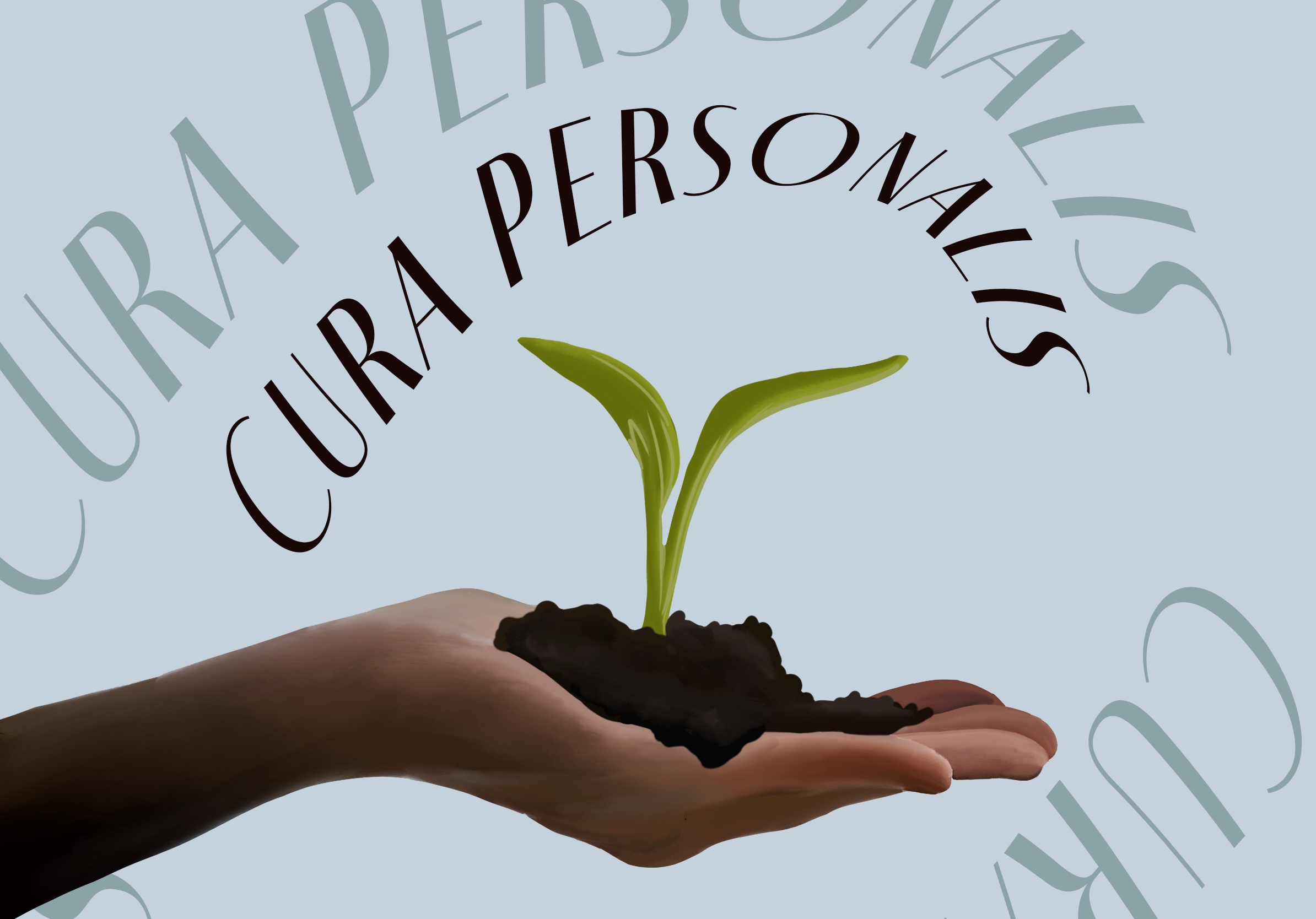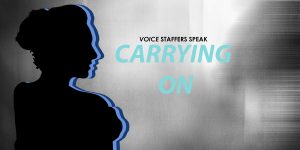If you are in a campus club, you know that “social events” are often code for drinking events. Drinking (and other substance) culture is normalized on college campuses, to the extent that each new cohort at Georgetown takes a mandated course on alcohol. A myriad of factors—including mental health, frequency and duration of use, adverse childhood experiences, social economic status, and genetic predisposition—can lead to a student’s substance use developing into a chronic medical condition called Substance Use Disorder (SUD).
Conversations about risky substance use, and the risks and warning signs associated with developing SUD, are absolutely necessary as we live in an era of unprecedented overdose deaths. The rise in overdose deaths are driven primarily by synthetic opioids like fentanyl and recently, methamphetamine. These substances are often found in counterfeit adderall and painkillers, MDMA/Ecstasy, and cocaine, which are no strangers to any college campus. Furthermore, drinking lowers inhibitions such that someone who would not normally partake in illicit substances are more likely to when under the influence. The rise in overdose deaths does not correspond with a rise in substance use, which indicates that deaths occur at an alarming rate from naive drug use, like experimental use in college students.
Despite these facts, we do not often talk about the other side of SUD: the hope of recovery. This hope is celebrated during National Recovery Month, which takes place each September and recognizes Americans who are recovering from SUD. This Recovery Month, the Biden-Harris administration recommitted to providing people in recovery with the resources they need to live full and healthy lives.
As national recovery month comes to a close, though, its momentum and message is often forgotten. To continue the unity and spirit of this month, and in accordance with its central tenet of care for the whole person, Georgetown University should provide sufficient support to students in recovery by establishing a Collegiate Recovery Program (CRP).
A CRP is defined as a university sponsored program that provides a supportive environment within the campus culture, reinforces the decision to engage in a lifestyle of recovery from SUD, and ensures that students do not have to choose between personal wellness or education. While I was once impressed by Georgetown’s commitment to cura personalis—the care and celebration of the whole person—I was also disappointed that this value did not extend to sponsoring a CRP.
As a member of the Addiction Policy and Practice (ADPP) graduate program, as well as someone in long-term recovery, I know the importance of fostering spaces that are recovery-friendly and supportive. Within the classroom, ADPP professors are sensitive to the needs of students in recovery, and demonstrate this sensitivity by refraining from stigmatizing language such as “addict,” by fostering network opportunities that don’t entail a beer at Tombs, and by offering flexibility and encouraging open communication. They choose to harness the lived-expertise of living through SUD and in recovery by celebrating and capitalizing on the wealth of knowledge in their students’ diverse experiences. However, without a CRP, students in recovery have no institutionalized recovery-friendly place on campus, something that is essential to maintaining the balance of our recovery-specific personal wellness with our academic endeavors. Denying equity for students with SUD, by denying recovery-supportive accommodations like CRP to maintain this balance, is a disservice to the entire campus community, and especially to its students in recovery.
Before coming to Georgetown, I became involved with a CRP at the University of Michigan and helped establish a CRP at Washtenaw Community College in Ann Arbor, MI. My involvement in CRP gave me and other students a safe place on campus to get support, and to balance academics with our personal recovery. That space was our refuge, where we could receive recovery support in the forms of semi-structured weekly check-ins, recovery events like sober tailgates and ice-skating, peer-support with other members, and casual on-demand one-on-one with our program director. More than anything, just having a space on campus that was ours was tremendous to our sense of well-being and purpose as a student in recovery. CRP is not therapy, or counseling, but rather a semi-structured recovery-supportive environment.
Our CRP was a necessary space on a college campus where life revolves around drinking culture, productivity, and pressure to perform. Many people turn to substances to cope, blow off steam, or enhance their performance.
Students living a recovery lifestyle, though, must utilize other strategies. CRPs provide essential support to students living with SUD, and offer students in recovery the strategies they need to thrive. On average, students involved in CRPs have a higher GPA and graduation rate compared to the rest of the university population. Additionally, CRPs have demonstrated a positive impact that extends to the health, wellness, and achievement of all students, not just students who practice a recovery lifestyle. With the right support, the whole-person wellness that CRPs promote can benefit the entire Georgetown community.
The personal and professional success that I have experienced would not have been possible without my involvement in CRP. Foremost, CRP taught me how to put my recovery first in a collegiate environment. Being in recovery first means that I prioritize my personal wellness without trading it for a seeming competitive advantage, or caving to the pressures to outperform. It means maintaining a daily recovery practice when fear, the mindkiller says I should skip my practice to get further ahead on my coursework, network, etc., ad infinitum. In turn, prioritizing recovery allows me to be far more productive than I would have had I sacrificed my personal wellness. Having a safe space on campus, and a university that believes in the strength of my personal recovery by creating that space, gave me permission to live up to the virtue of living as a “whole person.” It told me it was safe to be out about being in recovery. Recovering out loud and having the backing of the University of Michigan allowed the gravity of recovery to pull people into CRP who otherwise would have continued to struggle with their substance use, possibly dropped out of school, and could even have been lost entirely to their struggle. I want this hope for my fellow students at Georgetown University, as well.
Recovery is a strength. The support of a recovering community, and our overcoming the despair of active SUD is what provides this strength; the focal point of recovery being service allows me to share and cultivate this strength in others. However, many people in recovery or struggling with substance use are subjected to a pervasive stigma that tells them they are weak, and alone. Stigma is allowed to flourish when recovery is not openly celebrated. Stigma also neglects opportunities for private-public partnerships, and the chance to change the dialogue around addiction within our cohorts and subsequent generations of leaders.
Open dialogues about addiction and recovery, and narratives of hope, can help to bring our country out of the overdose crisis, and can even transcend healing for all deaths of despair. When institutions refuse to recognize recovery as a strength, stigma is internalized and can prevent students from being the best versions of themselves. Our institutions, especially our educational institutions, are responsible for being stigma-busters.
Georgetown University is pointedly responsible for stigma-busting by celebrating and supporting the whole person, meeting students where they are at, through its commitment to cura personalis. The onus of advocacy should not fall solely to the stigmatized group. A person’s choice to keep their medical information confidential increases the necessity of institutional support for providing recovery resources; this is especially true for students in recovery from a SUD.
Substance use goes hand in hand with mental health. As National Recovery Month comes to a close, Georgetown has a tremendous opportunity to live up to its central tenet, cura personalis, by providing its students who struggle with substances and their mental health the opportunity to recover, and to help its students in recovery achieve academic and personal excellence. When people with SUD are offered the tools to recover, they don’t just heal—they thrive.
Members of the Georgetown community, let’s all do our part to make recovery month obsolete. Let’s make recovery a permanent fixture in our institutions’ conversations and goals for equity. Let’s not allow stigma to sweep SUD under the rug. Georgetown’s responsibility in this effort is to provide a CRP to its students, for the betterment of the university as a whole.
If you or someone you know is interested in peer-support regarding their substance use or recovery, want to be an ally to recovery advocacy on Georgetown’s campus, or just want substance-free options and fun, please reach out.




